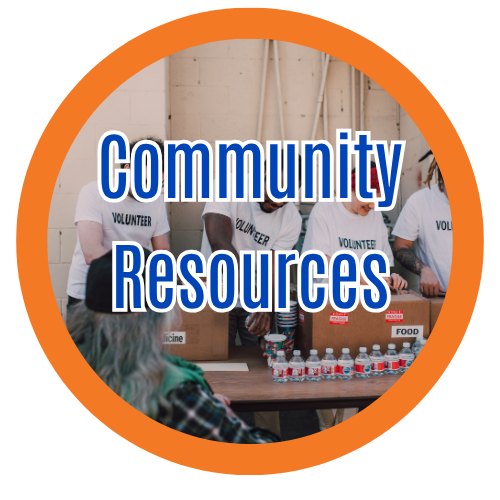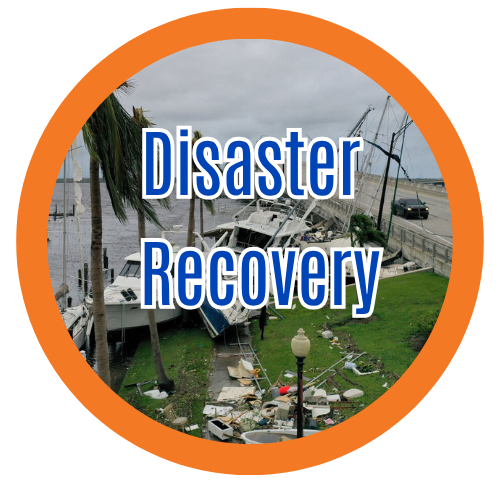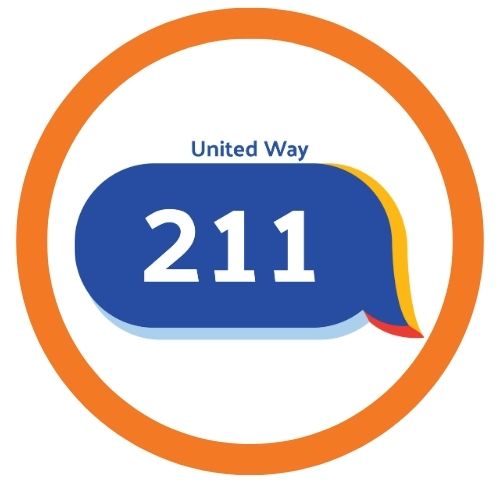
United is the way we find strength and share hope.
At United Way Charlotte County, we believe every community deserves the chance to thrive. That starts with meeting basic needs—food, safe housing, utilities, and emergency support—so families can build stability and resilience.
When disaster strikes or unexpected challenges arise, United Way Charlotte County unites neighbors, nonprofits, and local partners to respond, recover, and rebuild. By mobilizing volunteers, coordinating resources, and connecting people through tools like 211’s 24/7 helpline, we ensure individuals receive immediate relief while also building pathways to long-term stability.
But crisis response is only the beginning. Together with neighbors and partners, we’re building stronger, more connected communities—prepared not only to withstand challenges, but to grow stronger because of them.

Community Resources
United Way brings communities together to find strength and share hope. It's the way we rally in hard times to meet people's needs so they can rise back up. Here is a list of local resources and community programs.

Relief and Recovery Resources
At United Way, we believe that we are better together. This page contains relevant resources for Charlotte County residents who are affected by recent hurricanes. Learn more.
UNITED WAY'S ROLE IN COMMUNITY RESILIENCE
United Way Charlotte County strengthens resilience by funding local programs, convening partners, and mobilizing volunteers in response to challenges. We work alongside organizations like 211 and COAD to connect families with vital resources—housing, food, crisis support—and ensure coordinated response in times of need. Beyond immediate relief, we raise awareness of community challenges, advocate for ALICE families, and build long-term solutions that help Charlotte County recover, adapt, and thrive.
WAYS TO HELP
Give a Disaster Donation today!
Here for Our Community—When Disaster Strikes and Always
From mobilizing volunteers in the wake of disaster to providing direct financial assistance to those most affected, we are committed to helping our community recover and rebuild.
With your support, we can restore hope, deliver vital resources, and ensure families have what they need to get back on their feet. Together, we can make recovery possible.
Your donation stays local to Charlotte County.
*If donations exceed disaster relief needs, remaining funds will be redirected to United Way Charlotte County programs.
Funds used for disaster relief assistance will be administered through a process that is thorough but also speedy, similar to the Season of Sharing program.
We encourage you to register as a volunteer and visit the UWCC volunteer website to join community volunteer efforts. Follow us on social media for alerts.

